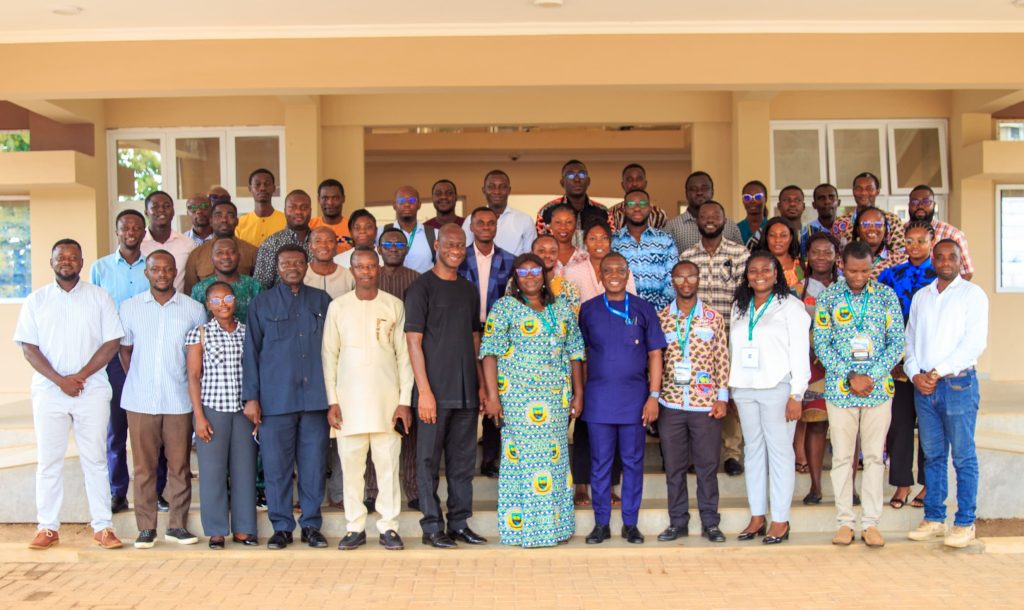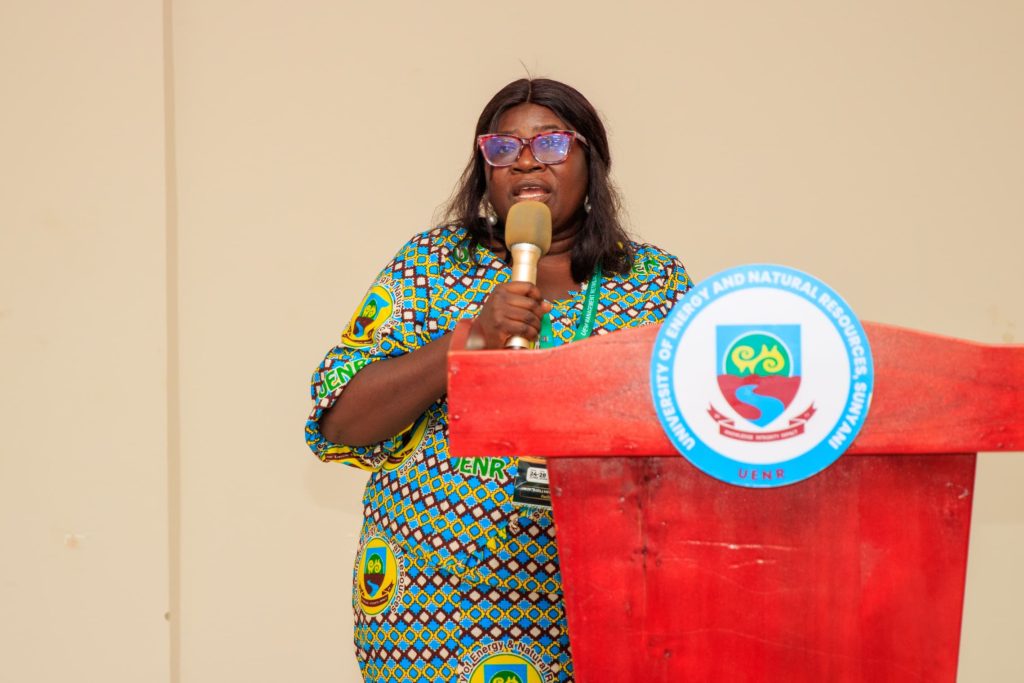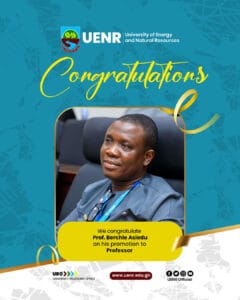
The University of Energy and Natural Resources (UENR) has yet again taken steps in achieving its mandate as a university for providing viable solutions to challenges within the natural resources and energy sub-sector.
UENR, with three other universities in Ghana, Nigeria, Malawi and a Polytechnic in Rwanda, have collaborated to implement an initiative that seeks to boost development and fight climate change by restoring millions of hectares of forest lands across the continent.
The project, dubbed ‘Pan-African Landscape Restoration Education’ comprises several models and was launched three years ago with a bigger aim of revitalizing millions of hectares of degraded lands across the continent caused by illegal mining, chainsaw activities and bad farming practices in the coming years.
The initiative will not only provide an engine for economic growth and development but also help collaborating countries meet the UN Eco-System restoration target by 2030.
Speaking during the launch and training of the first Cohort of participants of the ‘Landscape Restoration Governance’ model implemented by UENR, the team lead and head of the Center for Professional Development( CePDev), Prof. (Mrs.) Mercy A. Adutwumwaa Derkyi, said that the initiative is a collective commitment to restoring degraded lands around Africa. According to Prof. (Mrs.) Derkyi, the training of the first cohort of participants which began on Monday, June 24, 2024 will focus heavily on issues of governance.

Prof. (Mrs.) Mercy A. Adutwumwaa Derkyi
“Restoration goes beyond planting and restoring the ecosystem. It is also about the economic as well as the social benefits of the people living around them. So, we will focus on the land tenure system, issues of ownership of lands and get land restorers to understand that diversity and competing interest among locals,” she said.
Prof. Derkyi explained that the Center for Professional Development (CePDev) will continue to spearhead the organization of the training programme to meet the growing interest of person’s ready to engage in restoring Ghana’s lost forest cover.
She said, “as a School of Natural Resources, we need to develop a BSc, Masters and PhD programmes that solely focus on land restoration and invite the School of Mines and Built Environment and School of Geosciences to join hands to help come up with a comprehensive framework to implement the course at the highest level as part of our long-time goal.”
Meanwhile, the Sunyani Forest District Manager, Mr. Francis Brobbey pointed out that forests and trees have contributed significantly to reducing desertification and improving soil fertility, water resources and food security while increasing biodiversity and the capacity for climate change resilience and mitigation.
Mr. Brobbey however noted that wider consequences of deforestation were visible in about 6 forest reserves out of the 7 in the Sunyani Forest district.
He stressed that the training on ‘Landscape Restoration Governance’ was timely as it will complement similar initiatives taken by the forestry commission and government to successfully restore more hectares while improving food security for millions of people in the process.







